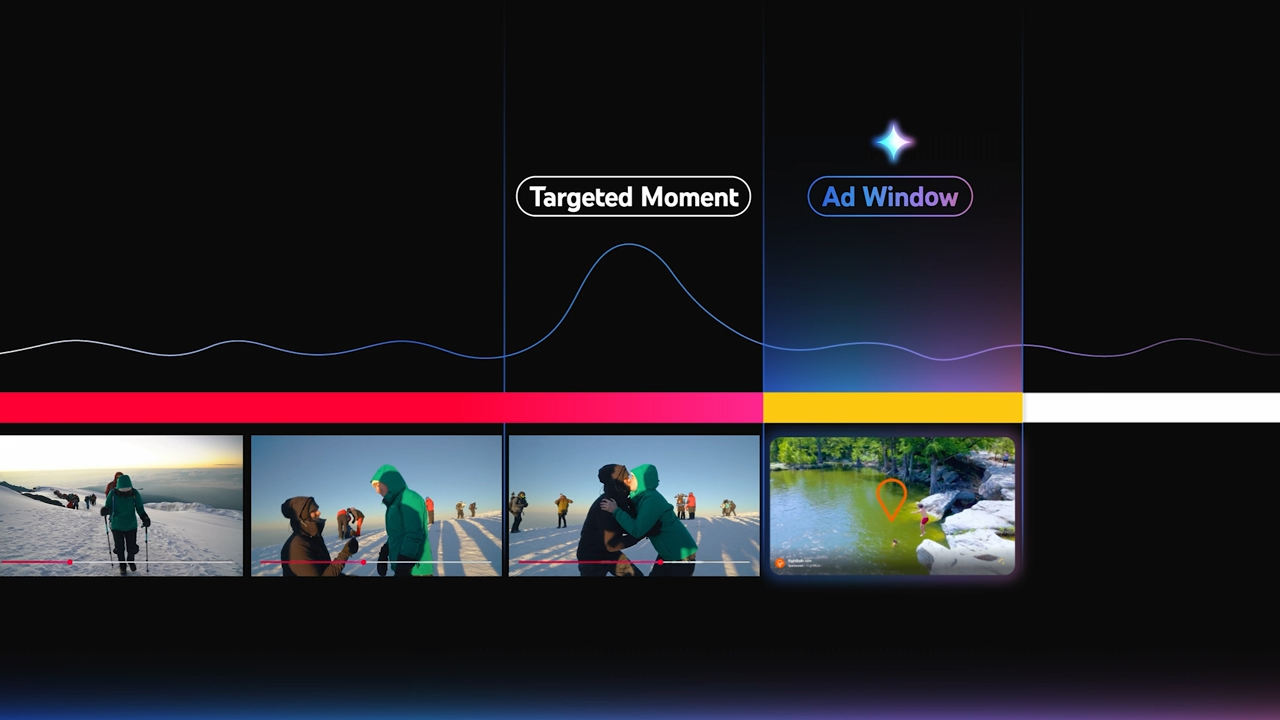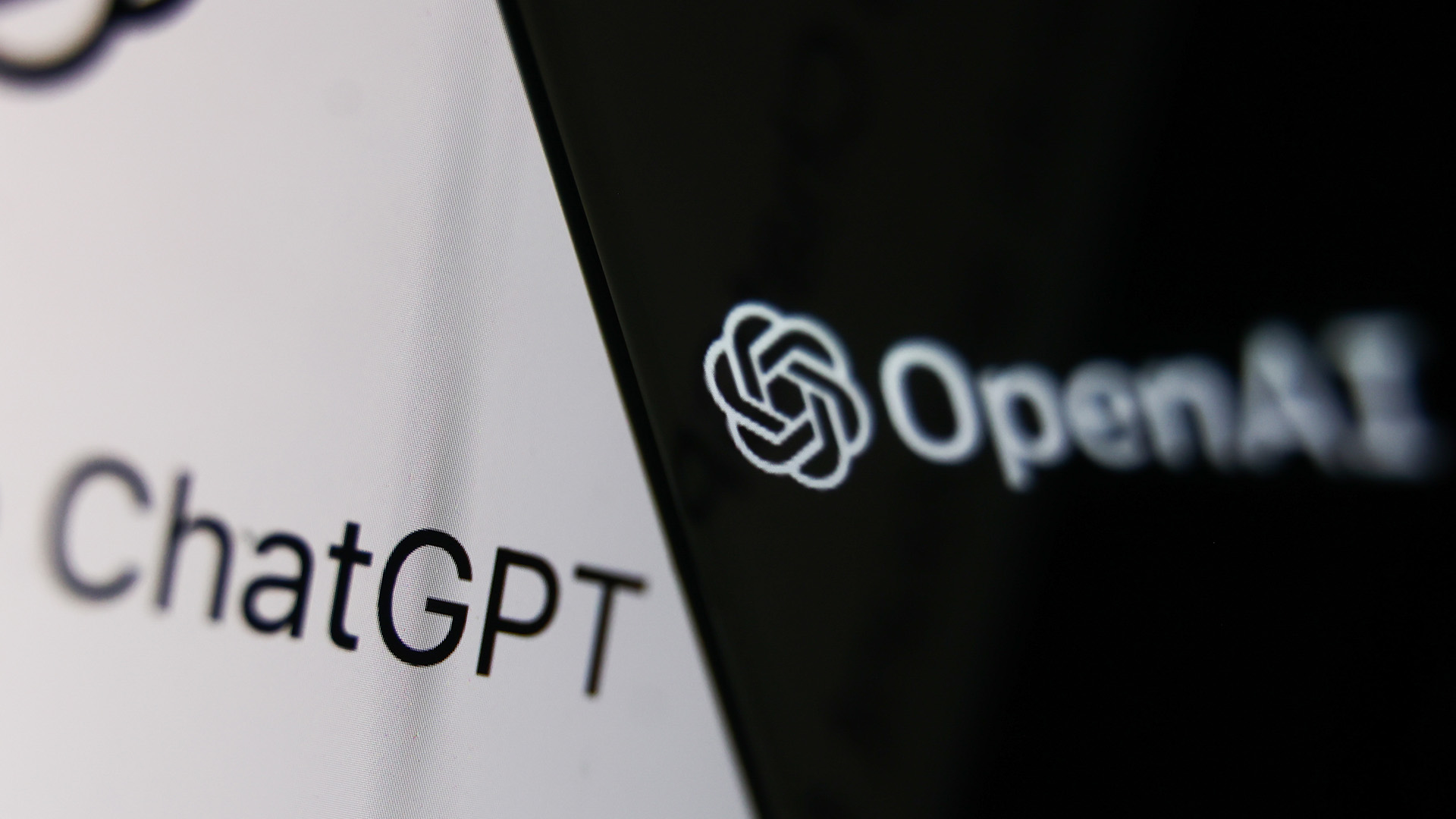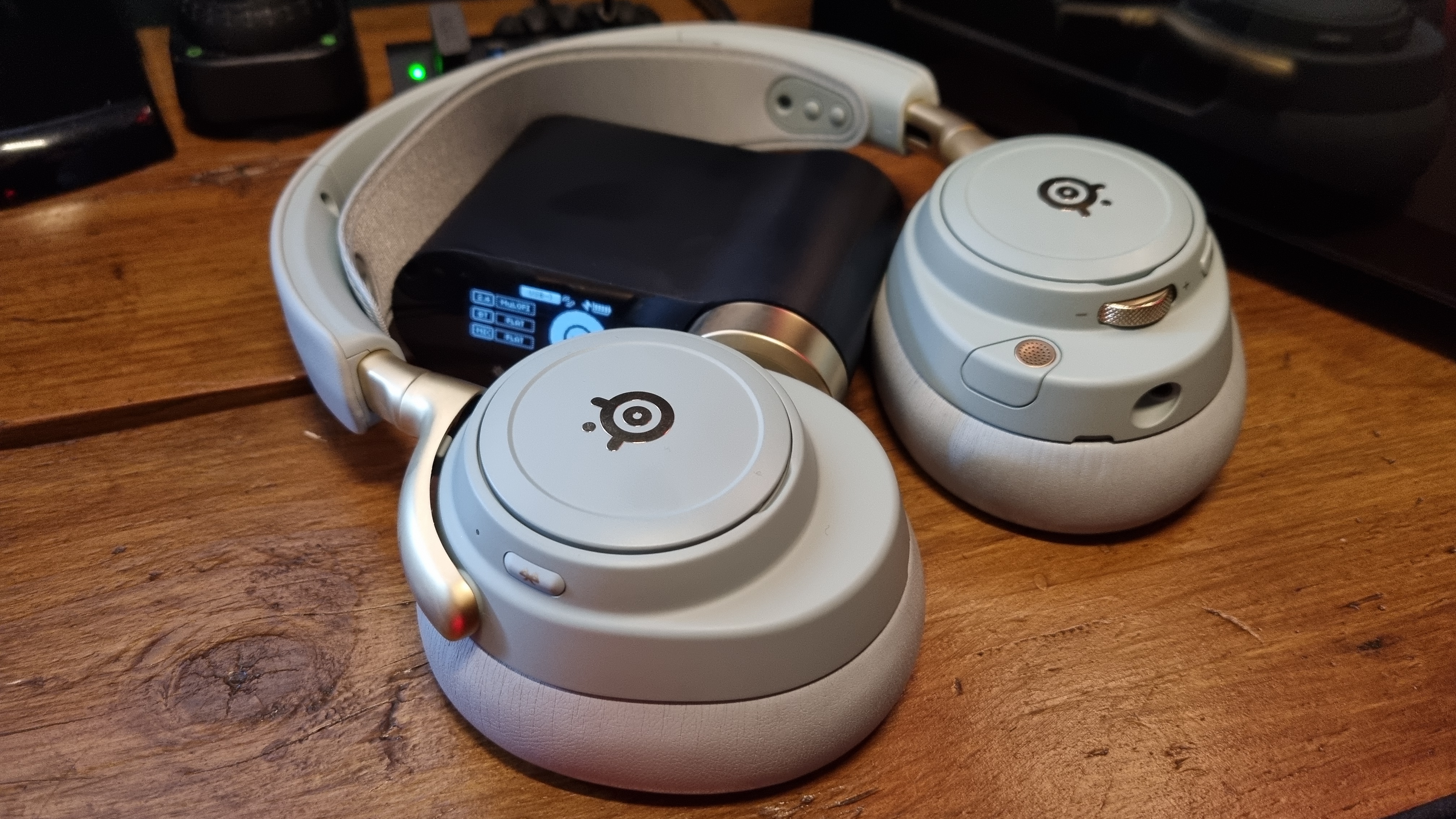Microsoft wants everyone to use an open-source technology to create an 'agentic web' where AI agents interact with other AI agents
Forget ChatGPT and other LLMs, agentic AI is where it's at now.

Keep up to date with the most important stories and the best deals, as picked by the PC Gamer team.
You are now subscribed
Your newsletter sign-up was successful
Want to add more newsletters?

Every Friday
GamesRadar+
Your weekly update on everything you could ever want to know about the games you already love, games we know you're going to love in the near future, and tales from the communities that surround them.

Every Thursday
GTA 6 O'clock
Our special GTA 6 newsletter, with breaking news, insider info, and rumor analysis from the award-winning GTA 6 O'clock experts.

Every Friday
Knowledge
From the creators of Edge: A weekly videogame industry newsletter with analysis from expert writers, guidance from professionals, and insight into what's on the horizon.

Every Thursday
The Setup
Hardware nerds unite, sign up to our free tech newsletter for a weekly digest of the hottest new tech, the latest gadgets on the test bench, and much more.

Every Wednesday
Switch 2 Spotlight
Sign up to our new Switch 2 newsletter, where we bring you the latest talking points on Nintendo's new console each week, bring you up to date on the news, and recommend what games to play.

Every Saturday
The Watchlist
Subscribe for a weekly digest of the movie and TV news that matters, direct to your inbox. From first-look trailers, interviews, reviews and explainers, we've got you covered.

Once a month
SFX
Get sneak previews, exclusive competitions and details of special events each month!
In the spirit of a technology developed by AI company Anthropic, Microsoft sees the future of AI where there are lots of different systems, created by lots of different companies, all working together, in peace and harmony. Or to put it in the same words that Microsoft used, create an "agentic web".
That's according to a report by Reuters, which relayed the views of Microsoft's chief technology officer, Kevin Scott, ahead of the software company's annual Build conference. What Scott hopes to achieve is to have Microsoft's AI agents happily work with those from other companies, via a standard platform called the Model Context Protocol (MCP).
This is an open-source standard, created by Anthropic—an AI business that's a mere four years old. The idea behind it is that it makes it much easier for AI systems to access and share for training purposes, and when it comes to the specific area of AI agents, it should help them perform far better at their tasks.
Fundamentally, AI agents are a type of artificial intelligence system that just do one very specific task, such as searching through code for a certain bug and then fixing it. They run autonomously, analysing data and then make a decision based on rules set out during the AI's training. Agentic AI, to use the proper name for it all, has a wide range of potential applications, such as cybersecurity and customer support, but it's only as good as the data it has been trained on.
Enter stage left, MCP, which essentially lets AI agents work hand-in-hand (or should that be tensor-in-tensor?) with other agents to improve the accuracy of their outputs. According to Reuters, Scott remarked that "MCP has the potential to create an 'agentic web' similar to the way hypertext protocols helped spread the internet in the 1990s."

It's not just about training data, though, as the accuracy of agentic AI depends heavily on something called reinforcement learning. Similar to how 'rewards' and 'punishments' affect the behaviour of animals, reinforcement learning helps AI agents focus on optimising their outputs based on achieving the biggest rewards.
Having AI agents share what works and what doesn't would certainly be useful in reinforcement learning, but it doesn't raise the question as to what happens if agents are simply left to their own devices. Does one simply assume that the network of agents will never accidentally pick a negative strategy over a positive one? What mechanisms would need to be created to prevent an 'agentic web' from spirally into a negative feedback loop?
Keep up to date with the most important stories and the best deals, as picked by the PC Gamer team.
Better brains than mine will surely have raised the same questions by now and, hopefully, developed systems to prevent all of this from happening.

What is artificial general intelligence?: We dive into the lingo of AI and what the terms actually mean.
In the same way that certain stocks and shares are automatically sold and bought by computers, with next to no human interaction at all, we could be nearing the point where many aspects of our lives are decided for us by an enormous network of interconnected AI agents.
For example, customer support services for banks, emergency services, and other vital systems could well be entirely agentic AI within a decade or so.
I'm not knowledgeable enough about AI to sensibly judge if this is a really good thing or a really bad one, but my gut feelings suggest that the reality of the situation will end up being somewhere between the two extremes. Let's just hope is much closer to the former than the latter, yes?

Nick, gaming, and computers all first met in the early 1980s. After leaving university, he became a physics and IT teacher and started writing about tech in the late 1990s. That resulted in him working with MadOnion to write the help files for 3DMark and PCMark. After a short stint working at Beyond3D.com, Nick joined Futuremark (MadOnion rebranded) full-time, as editor-in-chief for its PC gaming section, YouGamers. After the site shutdown, he became an engineering and computing lecturer for many years, but missed the writing bug. Cue four years at TechSpot.com covering everything and anything to do with tech and PCs. He freely admits to being far too obsessed with GPUs and open-world grindy RPGs, but who isn't these days?
You must confirm your public display name before commenting
Please logout and then login again, you will then be prompted to enter your display name.

